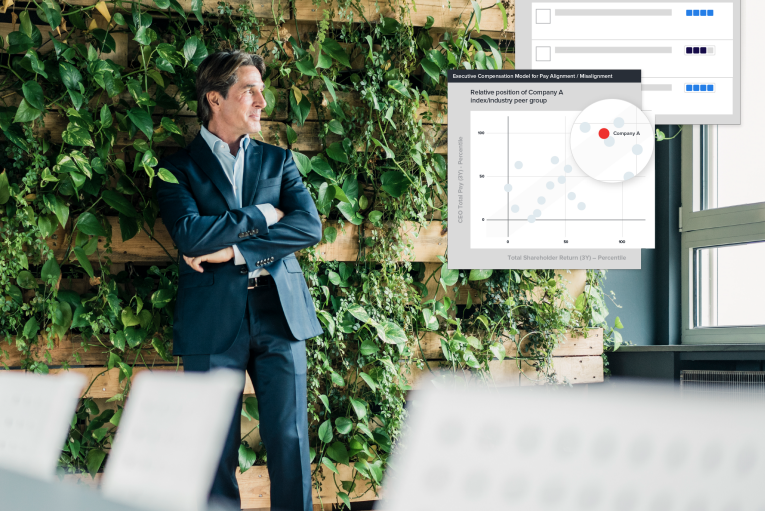In a previous post, we introduced the topic of Enterprise Resource Plans/Planning (ERP). ERP is a variety of software that links all of the different computer systems used by various departments in your company together in a single program. ERPs, implemented correctly and with attention to the needs of your specific entity, can streamline your business, cut fat from the budget and save your core team a number of headaches that can emerge from the problem of running different systems simultaneously.
ERP software works by sorting the different functions into what are called ''modules'' so they can be implemented conveniently, by stages according to the needs of the entity. You might find sales/customer relations module, a production module, a supply chain module, a credit and financing module, and an overall management module. This post introduces some of the basic modules that can help you to think about what you want broadly from an ERP as you try to find one that fits the requirements of your entity.
-
Supply Chain Management
-
Human Resources
-
Finance & Accounting
-
Customer Relations
-
Operations Management
Conclusion
Implementing an effective ERP will make a world of difference in how your entity operates, saving money, time and (mental health-wise) a large number of headaches in the long term. Whether your needs are for an ERP tailored to a specific industry or business model, or you need a more open and flexible platform, Blueprint OneWorld's entity management software, which is brought to you by Diligent, allows you to build ERPs and remain on the cutting edge of ERP development for your board, leaders and other teams. Our solutions offer a means of sharing information across the huge variety of board operations, communications and entity management. We hope to be your first entry point to develop a safe and effective strategy that incorporates the management of your resources across your whole entity. Please call or email us to discuss this and our other solutions.
Media Highlights
Environmental, social and governance (ESG) issues have become more complex and multifaceted than ever before. At the same time, ESG continues to ascend on board and leadership agendas.
In this buyer’s guide, we explore what a market-leading ESG solution should look like and highlight the key areas organisations should be prioritising as they embark on their search.




